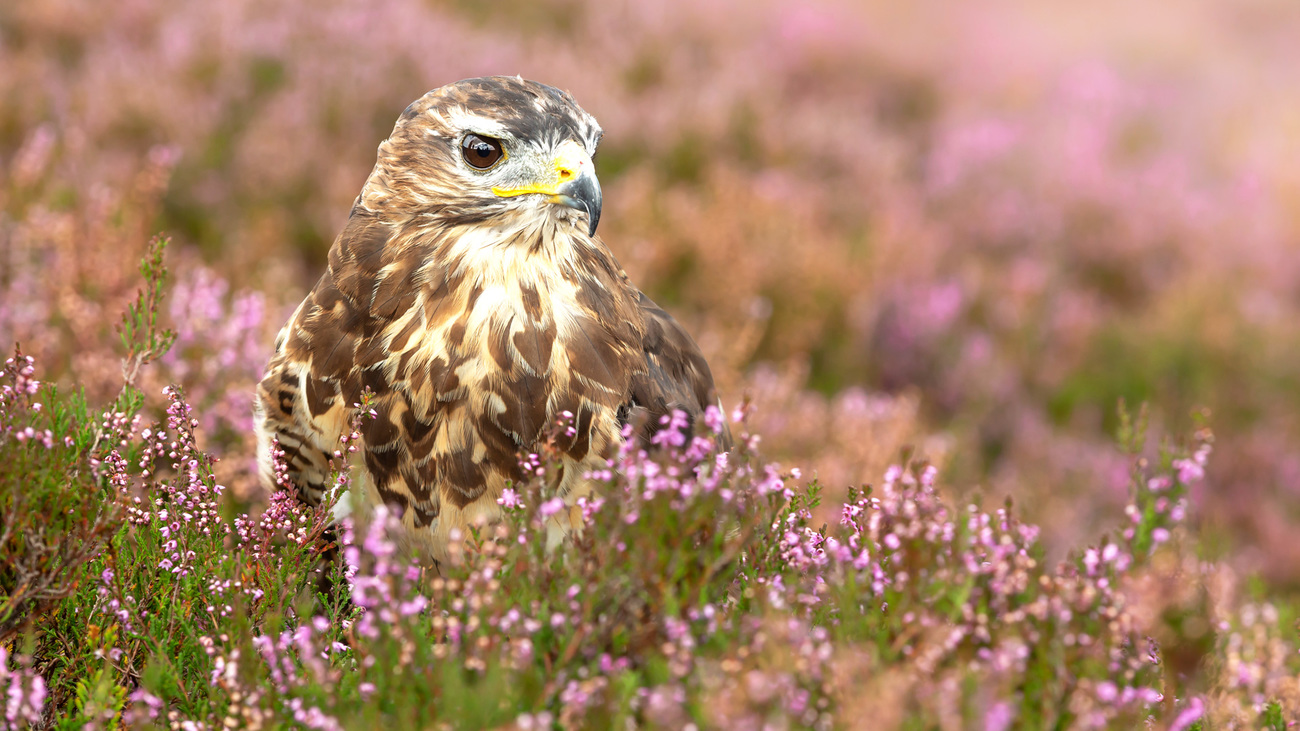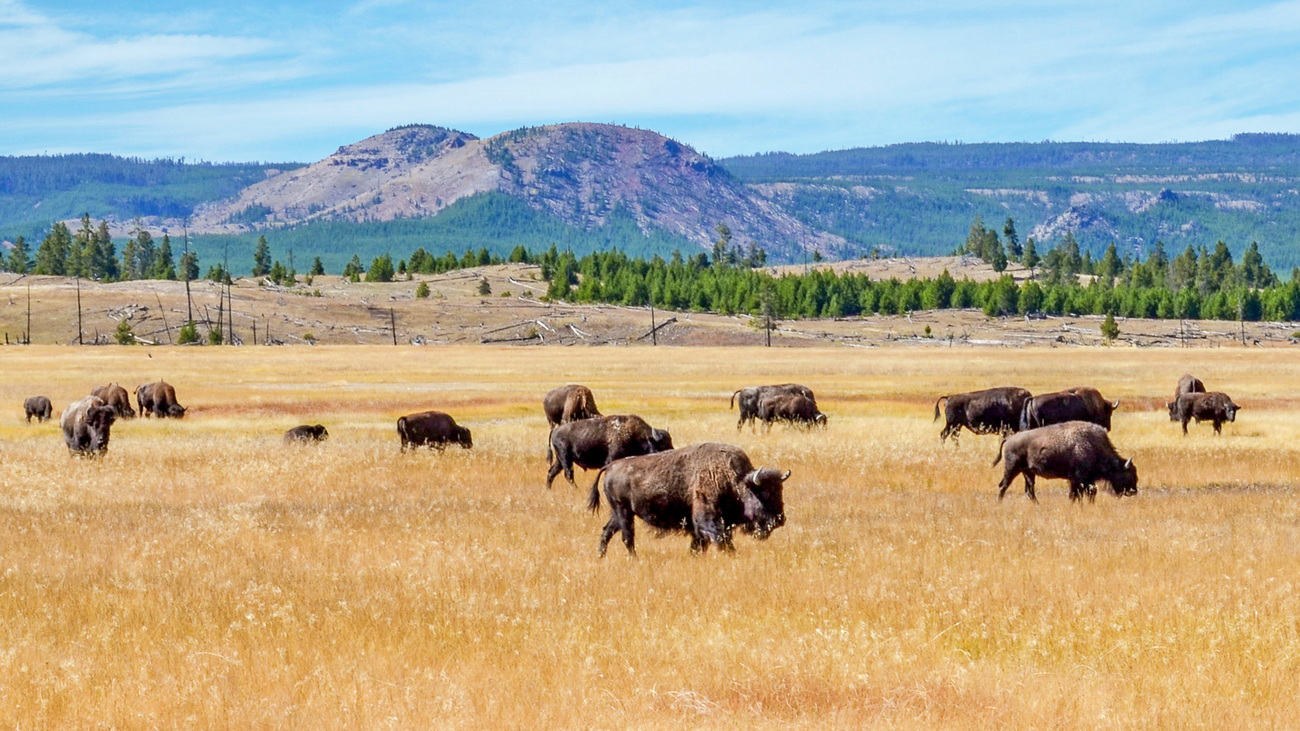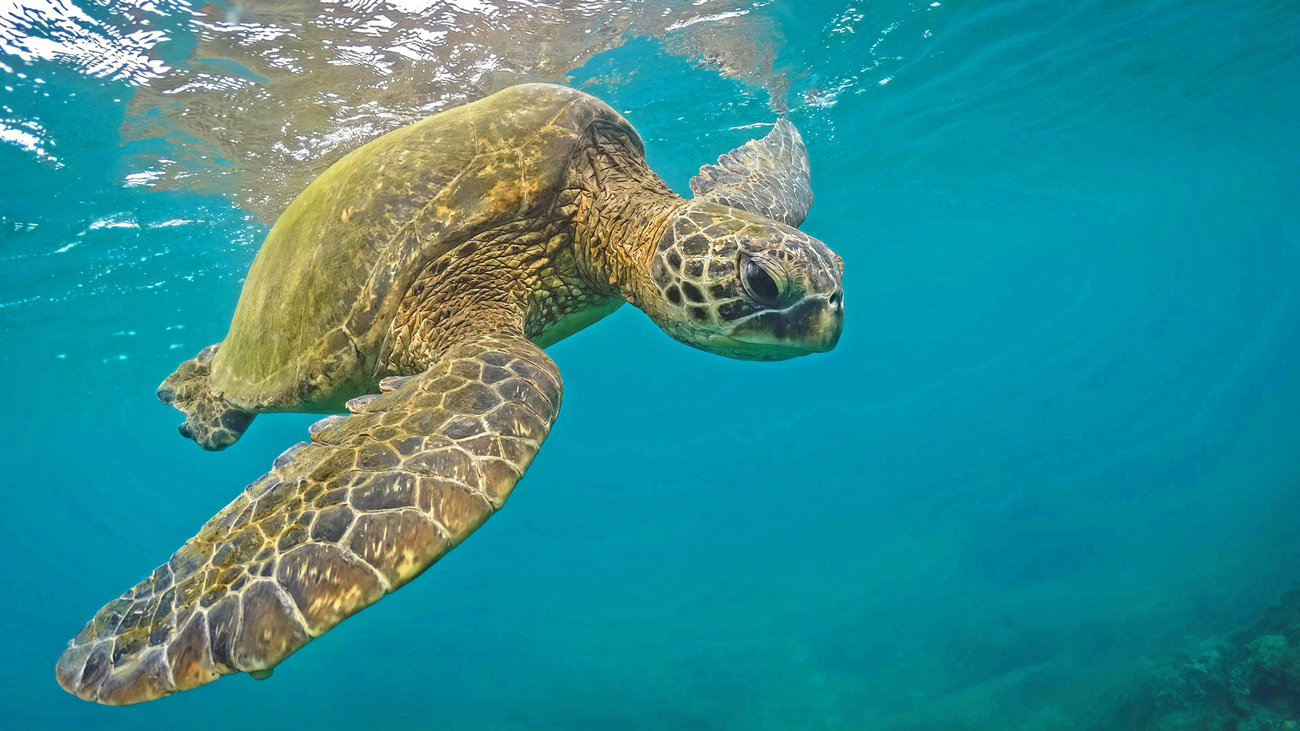Blog
Discover the four layers of the forest—and the animals living in it
Read moreWhy your voice and vote matter for wildlife
Voters in at least 64 countries—including eight of the world’s top 10 most populous nations—are set to head to the polls this year. As Time magazine states, ‘2024 is not just an election year. It’s perhaps the election year.’
Powerful and populous countries such as the UK, the US, South Africa, Brazil, India, Indonesia, Russia, Mexico, and Bangladesh, among others, are all gearing up for elections in 2024. The EU will also go to the polls this year. In total, around four billion people—or 49% of the world’s combined population—will have their say in national elections in 2024.

These elections will be a great testament to how your voice and vote matter—not least because every vote has potentially far-reaching consequences on society and the wider world, including wildlife protection, conservation efforts, and environmental policies.
Here, we explain more about the power you can wield as a voter and why voting for parties and candidates who support environmental issues is one of the most effective ways to help achieve a more sustainable future.
Voter apathy often stems from the idea that one vote can’t make a difference. While it’s true that one single vote won’t sway an election, when enough people share this belief, it results in thousands or even millions of unused votes that could have made a difference.
When everyone votes, every vote counts. But when significant numbers of people don’t vote, their voices get erased from the public sphere. This then gives more power to the voters who are heading to the polls, causing mass misrepresentation.
Having limited or unrepresentative groups of people vote for policies that affect everyone is often problematic. A recent example of this includes the vote that led to the UK leaving the EU. While 33.6 million people (72.2%) voted in the referendum, a further 13 million registered voters didn’t exercise their right to vote. Considering that the campaign to leave the EU received only 1.27 million more votes than the Remain campaign, we can see the far-reaching impact these non-voters might have had on the outcome.
Many people don’t vote in elections because they see the results as a foregone conclusion. Opinion polls can make it seem like a certain party or candidate is almost guaranteed to win, but opinion polls are only ever predictions. What’s more, opinion polls are often inaccurate, as many ‘shock results’ in general elections around the world have shown over the years.
Just as your voice and vote matter even if you think differently from the majority, parties and candidates who don’t represent the majority can still secure seats in parliament or Congress to have their say in upcoming debates and votes. These politicians might not hold as much sway as those of major or majority parties, but voting for them can be a way to help draw attention to the issues you care about, from education and housing to recycling and wildlife conservation.
Today, most citizens of democratic nations over the age of 18 are entitled to vote, but voting has not always been a default right for everyone. Many groups, such as women and black people, that are eligible to vote now had to fight long and hard for this right.
But even today, not everyone is eligible to vote. In many countries, prisoners and ex-convicts may lose their right to vote permanently or temporarily. Legal residents without national citizenship are also often restricted from voting in their country of residence. And, due to obstacles such as lack of identification or voter registration requirements, marginalised communities such as homeless people, refugees, or other socioeconomic groups may find it difficult to exercise their right to vote.
Knowing how those before you have had to fight for their right to vote underscores the importance of taking advantage of the opportunity to do what many people could not or still cannot.
Election outcomes have a significant impact on where your tax money is allocated. But while most of us pay taxes, few of us know exactly how this money is spent.
A wide range of publicly funded services are paid for with taxes. By voting for candidates with a strong focus on environmental issues, you can ensure that wildlife and the planet are allocated government funding and resources.
Across the world, voters are more concerned about climate change than ever and are more likely to use their vote to ensure that tax revenue is spent on fighting it.
Almost half (46%) of Britons see climate change as one of the most important problems facing the UK. The same survey found that 41% of Britons would be more likely to vote for a political party committed to taking strong action on climate change, even if it increases costs and requires increased investment in renewable energy supplies.
New data from the US shows that 71% of American voters are more likely to support a candidate who values the protection of endangered species. This same report also found that 89% of Americans care about protecting endangered species from extinction, while around seven in ten Americans recognise the link between climate change, more frequent natural disasters, and wildlife endangerment.
In various countries, government-funded environmental and wildlife protection agencies play crucial roles in conservation efforts. Some examples include the European Environment Agency (EEA), the US National Park Service (NPS), the China National Environmental Monitoring Center, and the UK Environment Agency. Voting for parties and candidates that prioritise funding these agencies through taxes ensures that your voice and vote matter for the wildlife they protect.

If you’re still undecided or unconvinced about voting, consider this: your vote is the voice for our planet and its inhabitants who cannot speak for themselves. By casting your ballot for candidates who prioritise wildlife conservation and animal welfare, you’re advocating for the well-being of the world and all its creatures. It’s a responsibility we owe to our environment and the voiceless animals that depend on us for protection.
In June 2024, EU citizens will have the chance to shape a European Parliament intent on working together for a more sustainable future. With key pledges for Members of the European Parliament (MEPs) to sign, IFAW has made it easier than ever for voters to elect candidates who have pledged their commitment to a better world. If you’re eligible to vote in the EU elections, then checking to see who has and hasn’t pledged is an excellent way to consider whose policies might align best with your own beliefs and, in turn, who deserves your support at the polls.
These pledges focus on four key areas—wildlife trafficking, biodiversity and climate change, marine conservation, and disaster response planning. Through this list of pledges, IFAW calls for future MEPs to protect animals and the environment by committing to a variety of proposals. These include criminalising cruel practices such as the trade of exotic pets and protected wildlife, reducing underwater noise pollution, regulating the sale of shark fins and meat, supporting rewilding, phasing out fossil fuels, and integrating animal welfare into current emergency planning and management.
The UK general election will take place on 4 July 2024. For British voters, IFAW has prepared a UK manifesto calling on the government to support a better world for animals, people, and the planet.
Specifically, IFAW calls on the UK Government to make wildlife crimes notifiable, close loopholes within wildlife law, increase funds for wildlife law enforcement, and appoint dedicated wildlife crime officers. IFAW also outlines measures for the UK government to continue its ongoing commitment to the 2018 Ivory Act, suggests methods for improving marine conservation, calls for a ban on primates as pets, and urges a commitment to stop fossil fuel development.
As the manifesto states, wild animals play a crucial role in reducing climate change. These animals are also some of the first to suffer when climate change results in natural disasters such as flooding or forest fires. Nature and animals have the potential to be our greatest ally in fighting climate change. But this can only happen if governments apply nature-based solutions to climate change, such as wildlife conservation, alongside policies to reduce greenhouse gases.
From this data and the actionable changes laid out by IFAW, it’s clear that there’s a lot of potential for real change. And your voice and vote can be part of that change if you exercise your right to vote when the time comes.

Elections aren’t your only opportunity to help protect wildlife and contribute to a more sustainable future for our planet.
In addition to voting for candidates based on their support for environmental issues, you can take action by joining IFAW. Whether you choose to make a donation, volunteer, sign petitions, or share conservation stories on social media, there are plenty of ways to make your voice heard for the animals that need you.
You can also research ways to contribute to animal and nature conservation in your local area. This might include joining a litter-picking group, creating a wildlife-friendly space in your garden, or safeguarding natural habitats you’ve visited by leaving no trace—as well as encouraging others to do the same.
Remember, every action, no matter how small, can make a difference to our planet and its wildlife.
Our work can’t get done without you. Please give what you can to help animals thrive.
Unfortunately, the browser you use is outdated and does not allow you to display the site correctly. Please install any of the modern browsers, for example:
Google Chrome Firefox Safari